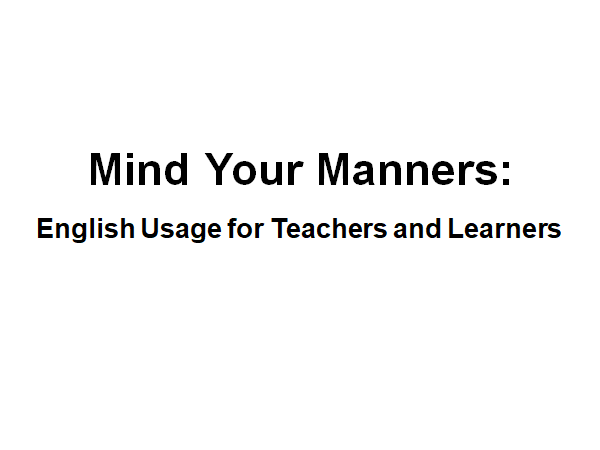"Use regardless instead."
This argument ignores the fact that the putative connection between morphology and logic is something that we impose upon language, not something that is inherent to language.
Many people expect etymological logic to apply to morphology as well. If that were the case, 'December' could mean only and exactly "the tenth month." This is called etymological fallacy.
These are meaningful, expressive, and common ways to use these words; language can convey a rainbow's spectrum of hyperbole.
Recommending them is not.
There are two kinds of facts presented in dictionaries: the lexical fact and the cultural fact.
The lexical fact includes conventional spellings, pronunciations, and meanings.
There is nothing inherent about a grouping of sounds or letters that can give us guidance about these factors. We use usage labels & notes for this purpose.
That means demonstrating a cultural awareness of how one's words will be understood by readers.
Usage is the manners of language.
Manners are social. They have nothing to do with spelling or etymology. They are extralinguistic.
This is when we judge words by the company they keep.
Manners can reflect education, class, region, prestige, taste.
Some of these judgments demonstrate care and thoughtfulness.
Some of them betray prejudice and cause offense.
A good dictionary will tell you the difference.
It is a plain statement of linguistic fact: This series of sounds and letters are understood by many people to mean a particular thing.
That's it.
BUT
It's an owner's manual for language.
This usage advice comes in labels (offensive, archaic, technical, nonstandard...) and in notes that tell you what you need to know.
The @MerriamWebster entry for 'irregardless' has BOTH a usage label ("nonstandard") AND a usage note.
The note concludes:
"Use 'regardless' instead."
/fin
merriam-webster.com/dictionary/irr…







